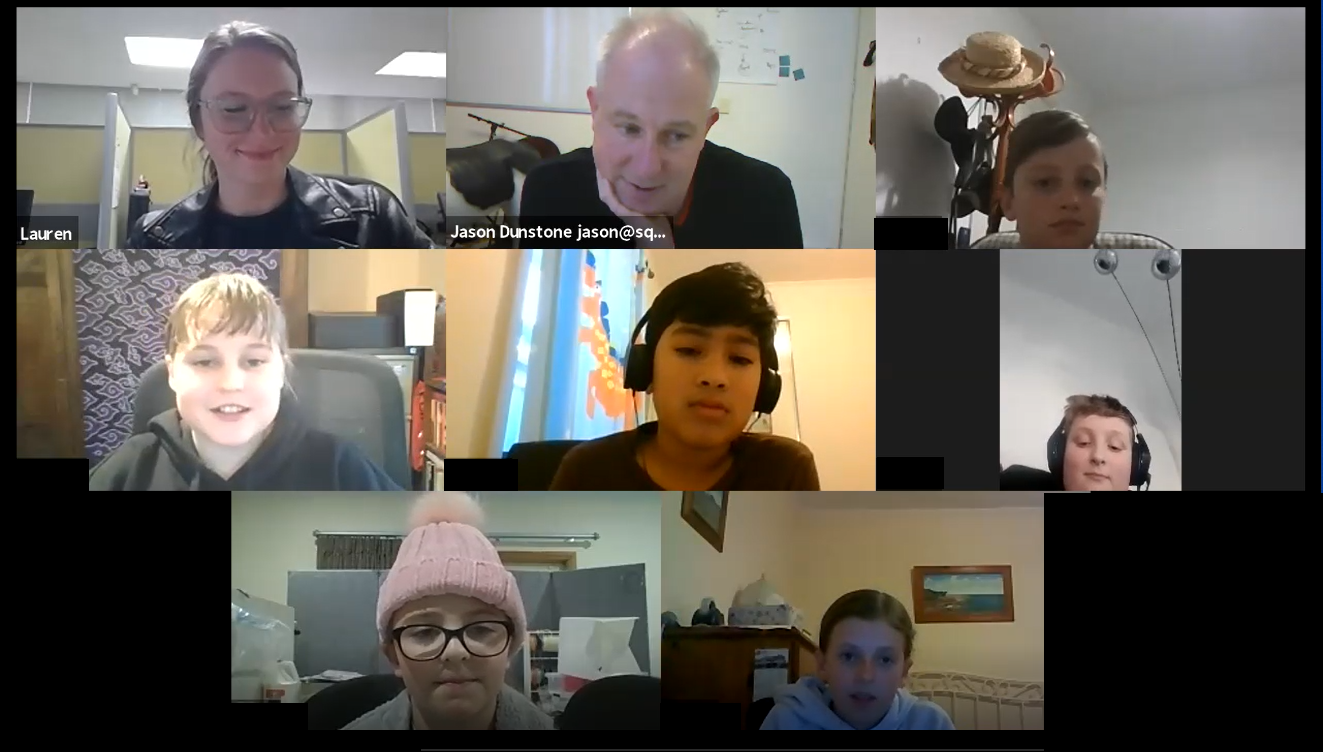Advice from future marketers (Primary school kids)
Square Holes spoke to six up-and-coming marketers about their favourite brands and the current advertising landscape.
Playstation, Nike, Kathmandu and KFC were a few favourite brands mentioned because they are related to their hobbies, connect them with friends and are fun. But how can smaller businesses compete with the big brands that play an integral role in our lives?
“It’s basically impossible. They’are already kings of the market. They’re so big. To start a brand that gets as big as Nike, you’d have to be working so hard all the time and you’d have to have a lot of money to get the advertisements out.”
“To compete with them it would be very very hard because they’re really really famous.”
For those looking to scale their business, there is only one way to compete:
“You’d have to do a lot of advertising! Then more people will know about [the business].”
“You’ll have to ask a bank for a loan to pay for all your advertising.”
“You have to have really vibrant and strong colours to make people notice. If you hang a poster on the edge of the street, people walking along the street will notice.”
So who is doing it right? Funny and inspiring campaigns stood out to these primary schoolkids.
“I like the way Nike advertises themselves, and all the sporting brands like Adidas and Underarmour. They always put people doing cool tricks and running.”
“On TV, I saw there was a new Menulog ad. It was really funny, it had the rapper Snoop Dogg in it.”
“The Lego master Honda ad. It seems amazing that they could build that whole car out of Lego!”
They might be young, but these kids already know two of the most important pieces of advice in the advertising industry …
- Advertise heaps
- Use bright colors
Square Holes is investigating the role of brands, big and small, in a post-COVID world. Read our previous discussion series on behaviour changes during the COVID-19 crisis.




